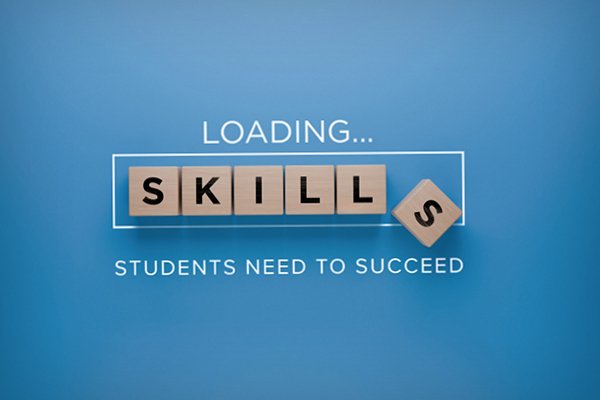Back when Socrates was doing his thing in ancient Greece, teaching was a simple proposition, writes Rich Hess, director of Education Policy Studies at the American Enterprise Institute, in an article in Education Week. Students sat and listened. Teachers talked and questioned. That was it. Teachers had a chance to get very good at talking and asking questions.
From this, the Socratic method was born—relying on questioning, student response, and teacher feedback. It’s the most basic approach for developing understanding and gauging what students know.
By asking questions, the teacher challenges students in ways that upend assumptions and illuminate ideas. Socrates was skeptical about teaching via the written word because he feared it would undermine this active student-teacher dynamic.
The Socratic method is very personal, constantly adjusting to the interests, limitations and needs of each student at a given moment. In the hands of a skilled instructor, it’s the most powerful model I’ve ever seen for promoting student engagement and deep understanding.
So why don’t we see it used more often in classrooms? And why does so much “Socratic” instruction wind up looking rote or ineffectual?
The Socratic method is really hard to do well. It requires a teacher to have deep knowledge of the specific topic, a library of relevant analogies, a mastery of the avenues the dialogue may take and the ability to play devil’s advocate.
Doing all of this well requires time and practice, both of which are in short supply for teachers racing to cover the curriculum. Professional development—if properly designed, delivered and targeted—can make a big difference. Today, of course, hardly any teachers have received any such training.
Ultimately, the Socratic method, like every “learning strategy,” depends on the skill with which it’s employed. This is the problem with asking every teacher to be a harried jack-of-all-trades. It means that even potentially powerful instructional practices are destined to disappoint—not because of intrinsic flaws but rather the burdens on the educators trying to apply them.
Education Week





